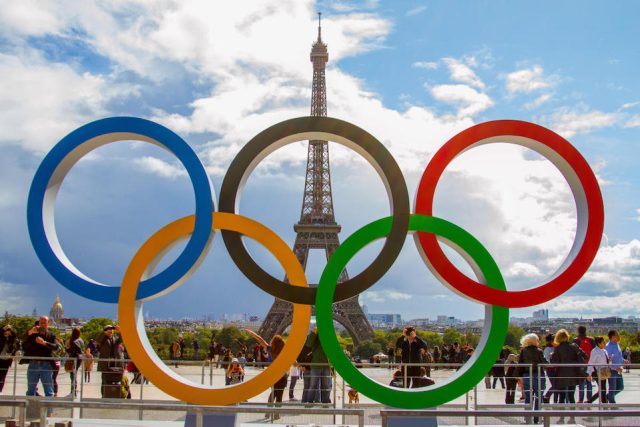
The Paris 2024 Olympic Games are setting a new standard, not only in the athletic excellence but also in environmental conservation. At the opening ceremony of the coveted sports event, leaders from across the world and members of the sports community launched the Sports for Nature (S4N) initiative, aimed at making sports events more eco-friendly.
Sports for Nature (S4N) initiative
Sports for Nature (S4N) initiative is developed with support from key organisations such as the International Union for Conservation of Nature (IUCN), the International Olympic Committee (IOC), and the United Nations Environment Programme (UNEP). The initiative targets the protection of wildlife and natural habitats by 2030, therefore placing nature and wildlife at the forefront of the sports agenda.
The idea behind the initiative is the recognition of the issue that sports events can negatively impact the environment by destroying habitats, causing pollution, and introducing invasive species. The S4N initiative seeks to prevent these issues by protecting sensitive areas, restoring damaged habitats, and adopting eco-friendly practices. This includes avoiding construction in protected areas, designing venues thoughtfully, and collaborating with local communities to safeguard biodiversity.
For example, during preparations for the Paris 2024 Games, organisers evaluated 44 different venues and worked with over 100 experts to develop conservation strategies. At the Golf National venue, temporary structures were relocated to protect important species like Kingfishers and the Common Newt. Fences and signs were installed to secure these habitats. In Marseille, GPS buoys were used to prevent boats from anchoring in fragile seagrass meadows, and some support boats will be electric to reduce pollution.
Athletes participating in the event are also contributing significantly. For instance, British windsurfers and rowers are actively working to control the spread of invasive species, protecting native species and maintaining healthy ecosystems.
The S4N initiative encourages the sports community to be more nature-friendly by adhering to four main principles: conserving important species and habitats, restoring ecosystems, creating sustainable supply chains, and promoting biodiversity action.
Other initiatives to make Paris Olympics the Greenest
To minimize environmental impact, the Games will use existing venues wherever possible. About 95 percent of the facilities will be existing or temporary, following nature protection guidelines and aiming to reduce carbon emissions compared to previous Olympic Games. Apart from this, it has been reported that the Athlete’s Village will use geothermal and solar energy, and only one new venue, the Aquatics Centre, is being constructed with sustainable materials and solar power. Organisers have also committed to double the amount of plant-based food served and implement robust waste management systems to minimise landfill waste.
According to the World Economic Forum, at the Paris Games, the use of electric vehicles and public transportation will be emphasized to reduce emissions from athlete and spectator travel.
Source link
Modified by Maaaty at Cheap Generic Pharmacy

